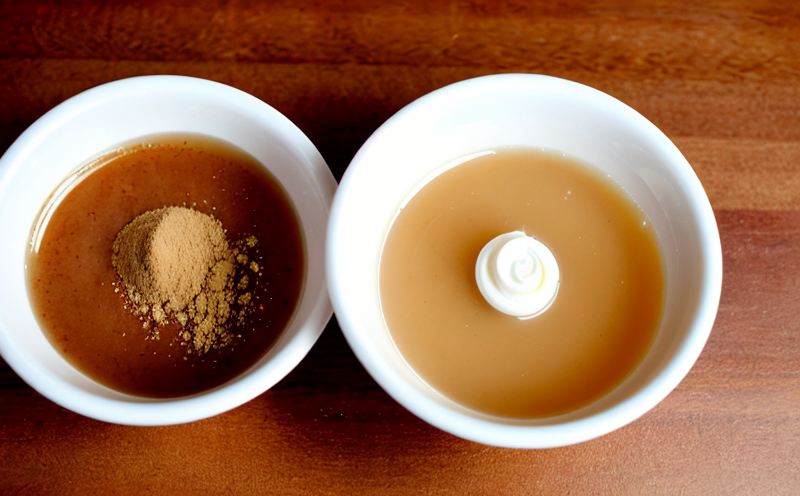EN 1378 Sweetener Testing of Aspartame in Soft Drinks
The European Standard EN 1378 specifies the methods for determining the content and purity of aspartame, a widely used sweetener, in soft drinks. This standard is crucial for ensuring product compliance with regulatory requirements and maintaining brand integrity.
Aspartame is an artificial sweetener that has become popular due to its low-calorie content, making it appealing in various food and beverage products. However, aspartame can degrade over time under certain conditions, leading to potential variations in sweetness and potentially affecting the product's shelf life. Therefore, accurate testing of aspartame levels is essential for consistent quality control.
The EN 1378 method involves several steps: sample preparation, extraction of aspartame from the soft drink matrix, purification using chromatographic techniques, and quantification by measuring absorbance at specific wavelengths. This process ensures accurate determination of both the total amount of aspartame present in a given volume of soft drink and its purity.
Proper sample preparation is critical for ensuring reliable results. Samples should be stored under appropriate conditions to minimize degradation before analysis. Typically, this involves refrigeration or freezing depending on the expected stability period of the sample.
The extraction step aims at liberating aspartame from its complex matrix found within soft drinks. Common solvents used include water-alcohol mixtures which help dissolve the compound without destroying it during the process. Following extraction, purification through column chromatography further refines the sample to isolate pure aspartame.
Finally, quantitative analysis is performed using high-performance liquid chromatography (HPLC) coupled with photodiode array detection (PDAD). This technique allows precise measurement of aspartame concentration by comparing it against known standards. Reporting follows strict guidelines outlined in EN 1378 to ensure consistency across laboratories performing these tests.
- International Acceptance and Recognition
- Competitive Advantage and Market Impact
- EN 1378 is widely adopted by manufacturers operating in Europe and other parts of the world where European standards are recognized.
- This standard helps companies maintain compliance with local regulations, enhancing their reputation among consumers who prefer products meeting high safety and quality standards.





